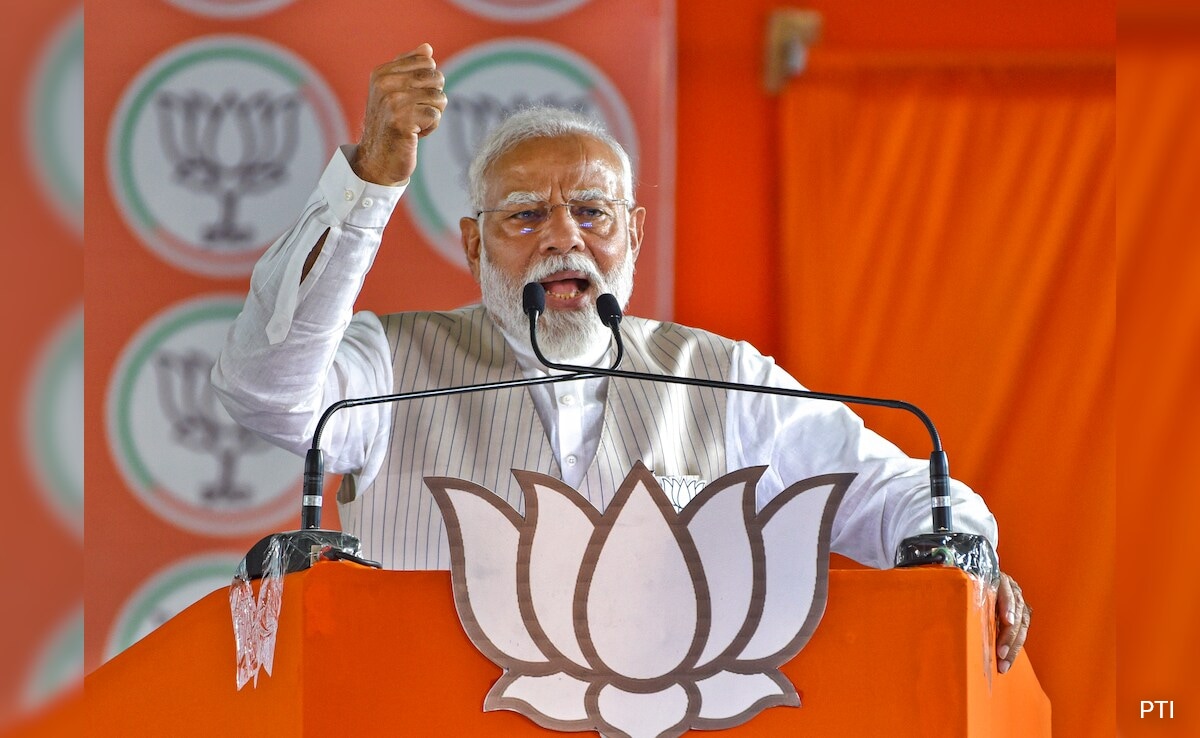Rishi Sunak suffered a further setback in the House of Lords over his controversial Rwanda deportation bill after his MPs defeated the government in all 10 votes.
Wednesday’s vote came two days after the Prime Minister suffered his worst defeat in the House of Lords after the Archbishop of Canterbury and a former Conservative minister joined forces with the opposition to force through five amendments.
The back-to-back defeats in the Lords mean the security of the Rwanda Bill will be tested by further political ping-pong when it returns to the Commons.
Peers voted 244 to 160 to exempt people from deportation to Rwanda who put themselves at risk by working with the British armed forces or the British government overseas. The Labor backbench amendment also exempts the partners and dependent families of these people.
The government has also failed to safeguard victims of modern slavery. Peers voted 246 to 171 to protect victims of modern slavery and human trafficking from being transferred to Rwanda without their consent.
The amendment provides that a person who the national referral mechanism has “reasonable grounds” to decide is a potential victim should not be deported until a determination of “substantiated grounds” has been made.
People who have “substantiated grounds” to decide they are a victim must not be deported without their consent if this would have a negative impact on their physical or mental health or safety, including the risk of being trafficked again.
Peers also backed a move by ministers to publish a timetable for repatriations to African countries. The House of Lords voted 228 to 184 in favor of Labour’s Amendment 41 to the bill.
The amendment aims to ensure that the government publishes the number of people planned to be sent to Kigali, the timetable for their repatriation, and information on arrangements for those who will not be sent to the country within the time limits set out in the UK-Rwanda treaty. .
Lord Cork, the House of Lords home affairs spokesman, earlier told peers: “We think ultimately the real quantity the government wants is one – one plane. The symbolism of a plane taking off is exactly what the government wants.”
He claimed that “the government did not provide figure after figure” in the plan.
Home Office minister Lord Sharp of Epsom told peers that Rwandan repatriation figures would be included as part of quarterly immigration statistics.
He said: “There is no need to report deportations to Parliament in the way proposed… We have always been clear that there is no cap on the scheme.”
Newsletter Promotion Post
The government’s attempts to overturn the decision, bypassing the UK courts, also failed.
The move, which was supported by a vote of 278 to 189, failed in the government’s efforts to prevent further legal challenges to the stalled deportation scheme after the Supreme Court ruled that the scheme was illegal.
As well as forcing judges to deem the east African country safe, the bill would give ministers the power to ignore an emergency ban aimed at clearing the way for asylum seekers who cross the English Channel in small boats to be put on one-way flights. Kigali.
The amendments agreed by the House of Lords restored the domestic courts’ jurisdiction over Rwanda’s security and enabled them to intervene.
On the issue of protecting asylum seekers claiming to be unaccompanied children, peers voted 265 to 181 to restore the ability of domestic courts to fully consider appeals against age assessment decisions before applicants are returned to Rwanda.
Labour’s backbench amendment, tabled by Mrs Lister of Bertset, was based on the idea that the Rwanda Treaty “does not cover unaccompanied children”.
Follow us on Google news ,Twitter , and Join Whatsapp Group of thelocalreport.in
















